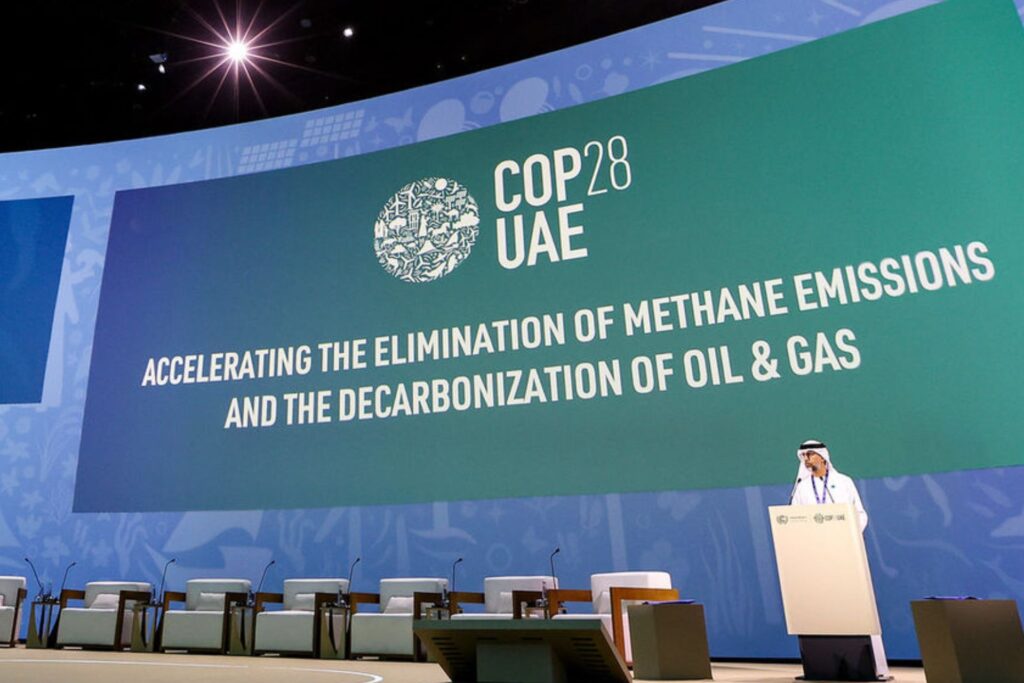IEA Assesses Impact of COP28 Renewable and Methane Pledges on Global Emissions

At the COP28 climate change conference in Dubai, pledges have been made in three key areas – by many countries on renewables and energy efficiency, and by a significant number of companies on methane. These are three of the five crucial areas for action highlighted by the International Energy Agency (IEA) ahead of COP28.
The IEA has now analysed what the impact would be on global energy-related greenhouse gas emissions if all the signatories of these pledges delivered on them in full. It shows that, while the pledges are positive steps forward in tackling the energy sector’s greenhouse gas emissions, they would not be nearly enough to move the world onto a path to reaching international climate targets, in particular the goal of limiting global warming to 1.5 °C.
As of Friday 8 December, around 130 countries had signed up to the pledge to triple global renewable power capacity by 2030 and double the annual rate of energy efficiency improvements every year to 2030. Those countries together account for 40% of global carbon dioxide (CO2) emissions from fossil fuel combustion, 37% of total global energy demand and 56% of global GDP.
In addition to the potential impact of those pledges, the IEA has assessed what the effect would be of the full implementation of the methane pledge of the Oil and Gas Decarbonisation Charter, which is to zero-out methane emissions and eliminate routine flaring by 2030. The 50 companies that have signed up to it account for about 40% of global oil production and 35% of combined oil and gas production.
IEA analysis shows that the full delivery on these pledges – covering renewables, efficiency and methane/flaring – by the current signatories would result in global energy-related greenhouse gas emissions in 2030 being around 4 gigatonnes of CO2 equivalent lower than would be expected without them (based on the Stated Policies Scenario in the IEA’s World Energy Outlook 2023).
Related Article: IEA Report: Urgent Boost Needed in Global Energy Efficiency for Climate Goals
This reduction in 2030 emissions represents only around 30% of the emissions gap that needs to be bridged to get the world on a pathway compatible with limiting global warming to 1.5 C (the IEA’s Net Zero Emissions by 2050 Scenario).
The IEA will continue to monitor the ongoing developments at COP28 and update its assessment as needed.












